The 32nd Puerto Rico Neuroscience Conference takes pride in providing distinguished speakers and panelists every year. These individuals are devout professionals in each of their specialties and fields, who will share their invaluable knowledge with those in attendance.
LECTURE SPEAKERS:
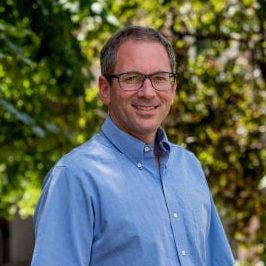
Erik Herzog, PhD
Professor, Washington University School of Medicine, St. Louis
Erik Herzog studies the molecules, cells and circuits that underlie daily rhythms in physiology and behavior. He earned his Ph.D. in Neuroscience studying with Dr. Robert Barlow and pursued postdoctoral training with Dr. Gene Block. In 2000, he started his lab at Washington University (WU). With support from agencies including the National Institutes of Health, Advanced Research Projects Agency for Health, National Science Foundation and the March of Dimes, his lab has published over 130 peer-reviewed articles. His laboratory has discovered mechanisms underlying how circadian clocks synchronize to each other and the environment and how they regulate physiology, behavior and health. The lab seeks to reveal neural codes for synchrony among circadian cells and tissues and to identify the connections, signals, and cell types that underlie healthy daily rhythms in the brain and behavior as a function of age, sex, and seasons. Surprisingly, this has led us to clinical applications to treat glioblastoma and arthritis and to prevent preterm birth in humans using sleep and circadian principles.
Dr. Herzog is the Viktor Hamburger Distinguished Professor of Arts and Sciences at Washington University, Director of the WU ENDURE Program, and Faculty Coordinator of St. Louis Neuroscience Outreach. He served as President of the Society for Research on Biological Rhythms and Director of the WU Neuroscience Ph.D. program. He has dedicated himself to increasing access to science through service at Washington University, in St. Louis, the Society for Neuroscience, and the Society for Research on Biological Rhythms. He has been recognized with multiple research, teaching, mentoring, and inclusion awards.
Email: herzog@wustl.edu Website: https://sites.wustl.edu/herzoglab/
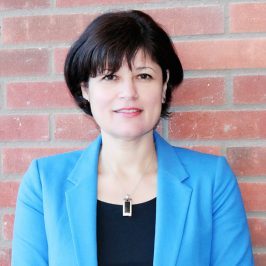
Rochellys Díaz Heijtz, PhD
Associate Professor, Department of Neuroscience
Karolinska Institute Stockholm, Sweden
Dr. Rochellys Diaz Heijtz is an Associate Professor and Principal Investigator at Karolinska Institutet, where she leads both basic and clinical research on the microbiota-gut-brain axis and its role in neurodevelopmental disorders such as autism spectrum disorder (ASD) and attention-deficit/hyperactivity disorder (ADHD).
In 2011, her team was among the first to demonstrate that the normal gut microbiota influences brain development and behavior, a discovery that significantly contributed to the rapidly growing field of the microbiota-gut-brain axis. In 2017, they discovered that bacterial peptidoglycans—structural components of bacterial cell walls—from gut microbiota can translocate into the developing brain and be sensed by innate immune receptors under physiological conditions, opening new avenues for research into neurodevelopmental and psychiatric conditions linked to gastrointestinal issues.
Her laboratory continues to investigate the interactions between gut microbiota and the brain, particularly in relation to ASD and ADHD. Additionally, they are investigating microbiome-based strategies to enhance motor and cognitive functions, as well as the impact of probiotics on host metabolism and brain health.
Dr. Diaz Heijtz has published numerous articles in leading journals, including Proceedings of the National Academy of Sciences (PNAS), Molecular Psychiatry, Nature Medicine, and EBioMedicine, and has received several awards recognizing her contributions to research.
Email: rochellys.heijtz@ki.se Website: https://ki.se/en/people/rochellys-heijtz
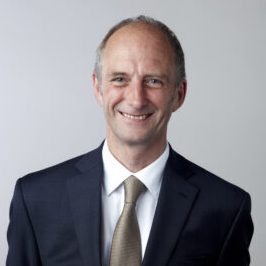
Colin Nichols, PhD
Professor, Washington University School of Medicine, St. Louis
Colin Graham Nichols is a distinguished professor and researcher in the field of cell biology and physiology, currently serving at the Washington University School of Medicine in St. Louis, Missouri. With a rich academic background and a prolific career, Nichols has made significant contributions to our understanding of ion channels and their role in cardiovascular function and metabolic diseases. Born in the United Kingdom, Nichols completed his undergraduate studies at Leeds University, earning a Bachelor of Science in Biochemistry and Physiology in 1982, followed by a Ph.D. in Physiology in 1985, where he focused on cardiac contractility under the supervision of Professor B.R. Jewell. After completing his doctoral studies, he transitioned to the United States, undertaking a postdoctoral fellowship at the University of Maryland, where he worked in the lab of Professor W.J. Lederer. His early research laid the groundwork for his future investigations into membrane excitability and cardiovascular physiology.
Nichols joined Washington University in 1991, where he has ascended through the ranks, becoming a full professor in 2000 and the Carl Cori Professor in 2006. He also directs the Center for Investigation of Membrane Excitability Diseases (CIMED), an institute dedicated to exploring the mechanisms of ion channel dysfunction in diseases such as diabetes and cardiac disorders. Throughout his career, Nichols has been recognized for his exceptional contributions to science and education. He has received numerous awards, including the Outstanding Faculty Mentor Award from Washington University and election as a Fellow of the American Heart Association and the Royal Society. His leadership roles in professional societies, including serving as President of the Society of General Physiologists and chairing the Gordon Research Conference on Ion Channels, reflect his standing in the scientific community.
Nichols has authored and co-authored over 300 publications, with an impressive h-index of 84, indicating the significant impact of his work in the field. His research focuses on potassium channels and their regulation of cardiovascular function, which has broad implications for understanding diabetes and other metabolic disorders. His current research projects are supported by several major grants from the National Institutes of Health and other organizations. Beyond his research, Nichols is committed to education and mentorship. He has supervised numerous graduate students and postdoctoral fellows, fostering the next generation of scientists in the field. His teaching responsibilities have included lecturing in various programs at Washington University, contributing to the academic growth of students in medicine and physiology.
Email: cnichols@wustl.edu Website: https://cellbiology.wustl.edu/people/nichols/
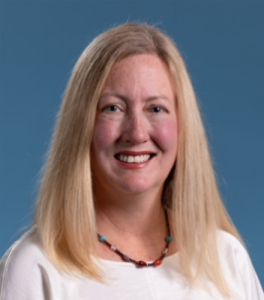
Jennifer R. Morgan, PhD
Senior Scientist and Director
The Eugene Bell Center for Regenerative Biology & Tissue Engineering
University of Chicago, Marine Biological Laboratory
Dr. Morgan obtained a PhD in Neurobiology at Duke University School of Medicine in 2001, under the mentorship of Dr. George J. Augustine. Her dissertation focused on the function of Clathrin in synaptic vesicle endocytosis. She then moved to Yale University to conduct postdoctoral work under the mentorship of Dr. Pietro de Camilli, looking at the roles of phosphoinositides in synaptic function. She served on the faculties of Bowdoin College and the University of Texas at Austin prior to joining the Eugene Bell Center for Regenerative Biology & Tissue Engineering at the Marine Biological Laboratory, in Woods Hole, MA. She currently serves as Director of the Center.
Dr. Morgan has been the recipient of numerous awards, fellowships, and research grants, and has ample experience teaching and mentoring students at all stages of their academic and research careers. She has authored 48 original research articles and 5 book chapters, and also holds a US patent on a novel approach to treat spinal cord or traumatic brain injury.
Dr. Morgan studies mechanisms of normal synaptic transmission, as well as how neurotransmission is impacted by spinal cord injury and disease. One of her ongoing projects involves identifying how synapses are deleteriously affected by Parkinson’s disease. Another project is focused on understanding how neurotransmission can be restored after spinal cord injury by regenerative processes, such as axon and synapse regrowth. Ultimately, Dr. Morgan wants to understand how these regenerative processes contribute to restoring normal behaviors after injury and how to improve functional outcomes.
For these projects, Dr. Morgan´s group uses sea lampreys (Petromyzon marinus) as a model organism. Lampreys are cyclostomes, which are the most basal extant group of vertebrates. They possess a subset of very large neurons that can be identified across animals. The lab utilizes a variety of technical approaches including candidate gene and transcriptome analyses, molecular perturbations, biochemistry, fluorescence imaging, histology, electron microscopy, electrophysiology, and behavior.
FORMER NEUROID PANELISTS:
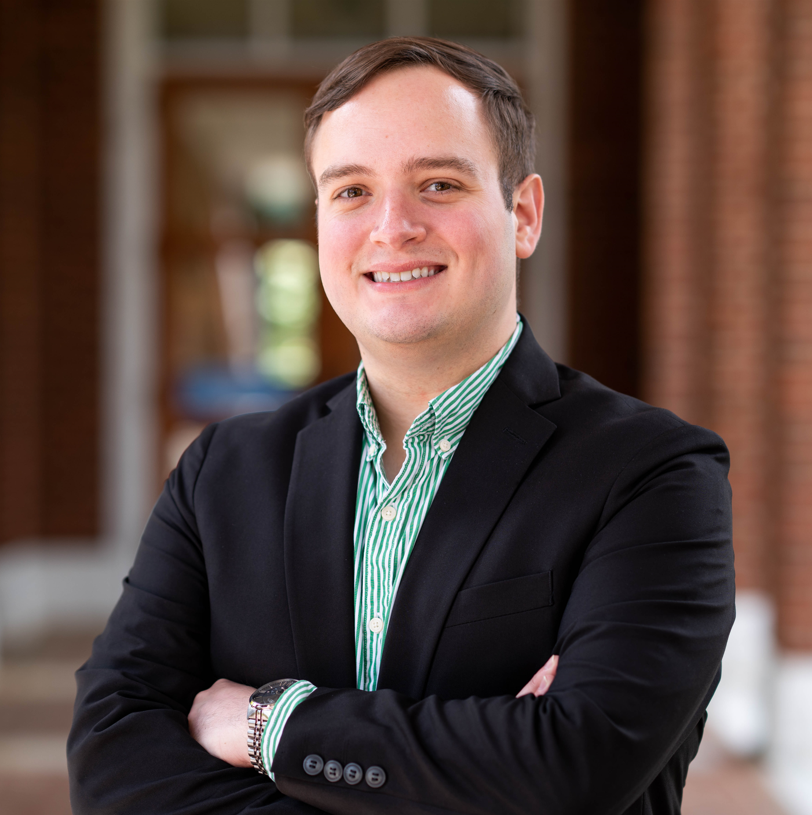
Gian Carlo Molina-Castro, PhD
Management Consultant, Boston Consulting Group
Email: gian12.mol@gmail.com Linkedin: https://www.linkedin.com/in/gianmolina/
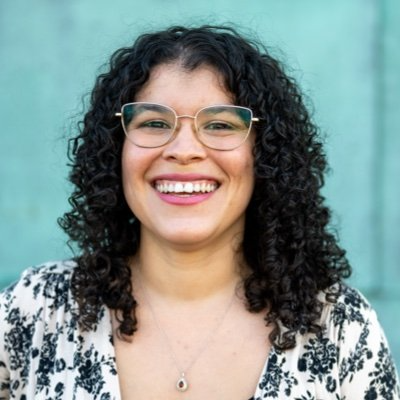
Mónica Quiñones-Frías, PhD
Postdoctoral Associate
Department of Biology, Brandeis University
Monica Quiñones was born and raised in Puerto Rico, where she obtained her B.S. in Cellular and Molecular Biology at the University of Puerto Rico Rio Piedras Campus (UPR-RP). Later Monica did her PhD at the Massachusetts Institute of Technology (MIT) where she studied how neurons communicate with each other at specialized locations called synapses. She now studies how mutations that cause nervous system diseases in humans affect the function of cellular organelles, such as endosomes and the endoplasmic reticulum in neurons. Monica is also passionate about working with undergraduates and has mentored over 10 students. Outside of the lab, Monica loves plants and enjoys baking breads and cakes.
Email: mcqf@brandeis.edu
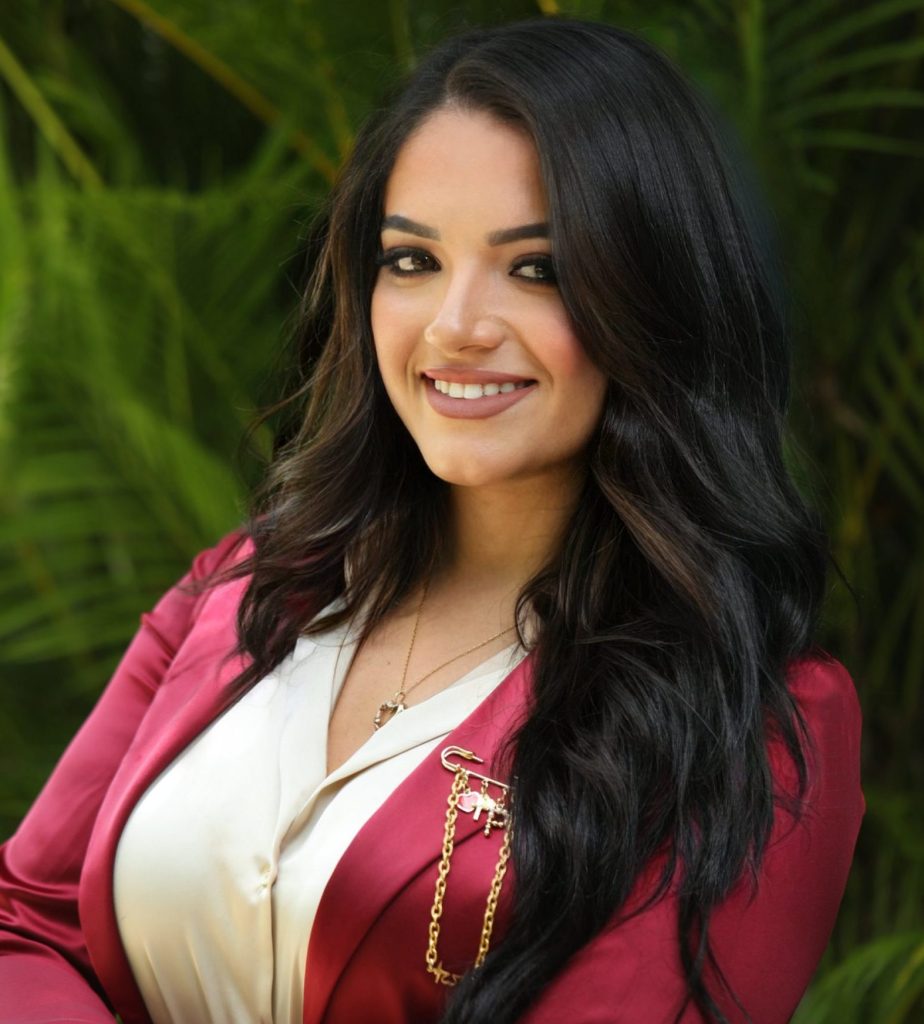
Paola M. Morales Carvajal
Biomedical Engineer | Founder & CEO, NovaHeart
Paola M. Morales Carvajal is a dynamic biomedical engineer and visionary entrepreneur from Tierra de Gigantes, Carolina, Puerto Rico. She is the founder and president of InteligenciaX LLC, a pioneering company dedicated to revolutionizing healthcare through innovative, non-invasive solutions through their pioneering technology NovaHeart. NovaHeart’s mission is to address the world’s leading cause of death—heart disease—by creating breakthrough technologies that enhance heart health and improve patient outcomes.
Paola holds a degree in biomedical engineering from the Polytechnic University of Puerto Rico, where she distinguished herself as a leader, holding over 21 leadership roles, including President of the Student Council. Her exceptional leadership earned her the prestigious President’s Medal from Dr. Ernesto Vázquez Barquet.
Her international research experience spans top-tier institutions, including King Abdullah University of Science and Technology (KAUST), Massachusetts Institute of Technology (MIT), National Institutes of Health (NIH), Neuro-ID (2020 Class) and the United States Congress Committee on Science, Space, and Technology. Through these collaborations, Paola has contributed to advancements in medical devices for pharmacological studies, neurodegenerative disease detection, and non-invasive drug delivery systems.
With more than eight healthcare technologies developed under her leadership, Paola’s contributions to biomedical engineering are transforming the future of cardiovascular health. She also leads the Young Entrepreneurs and University Chapters Committees at the Chamber of Commerce of Puerto Rico, empowering young entrepreneurs and fostering innovation across sectors such as aerospace, medical tourism, and the blue & green economy.
Currently, Paola is pursuing her graduate studies in biomedical engineering at Columbia University, focusing on medical technologies aimed at extending the durability of astronauts in space. Her dedication to merging healthcare innovation with space exploration exemplifies her forward-thinking approach to science and entrepreneurship.
Email: pcarvajal@ihealthpr.com Website: https://thepaolamichelle.com
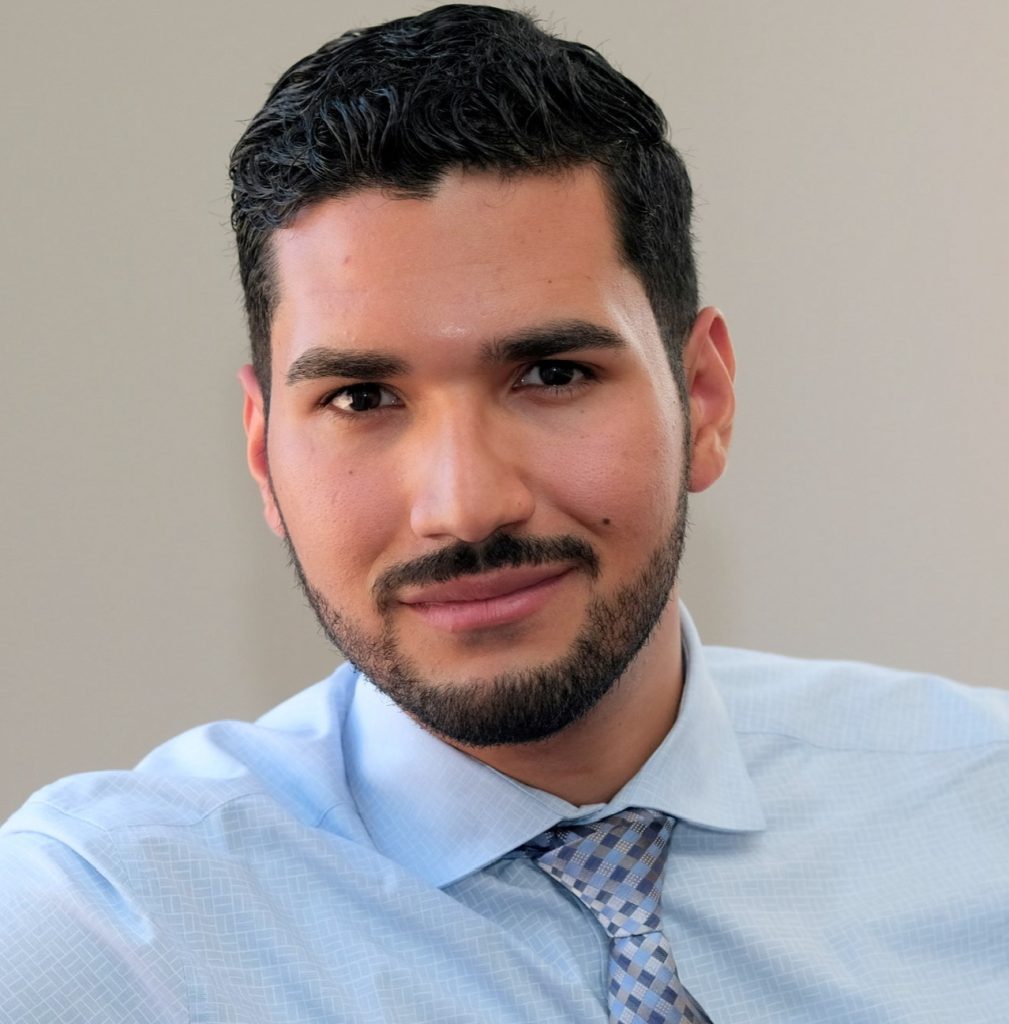
Raúl A. García-Rosario, MD-PhD (candidate)
Raúl A. García-Rosario was born and raised in Carolina, Puerto Rico. In 2020, he graduated with a B.Sc in Cellular-Molecular Biology from the University of Puerto Rico-Rio Piedras. During his undergraduate career, he developed an interest in neuroscience research/neurology and decided to pursue an MD-PhD. As an undergraduate, Raul studied neuroregeneration in-vitro with the sea cucumber Holothuria glaberrima in the García-Arrarrás lab. In 2019, he was a summer intern in the Institute for Cell Engeneering at Johns Hopkins School of Medicine where he studied a new mouse model of Parkinson’s Disease and a neuroprotective protein in the PARKIN-PINK pathway. In addition, Raul shadowed neurologists at Hopkins neurology clinic where he interacted with Parkinson’s Disease from a clinical perspective.
From 2020 to 2022, Raul was a Postbaccalaureate IRTA Research Fellow with Dr. Peter Rapp at the National Institute on Aging in the Laboratory of Behavioral Neuroscience, where he studied the neuroadaptations underlying memory resilience in aging. In 2021, he was the recipient of the Scientific Director Award at the NIA IRTA Retreat for his poster presentation. His research and clinical experience identified the immediate need for the translation of basic research findings into therapeutics. As a physician-scientist, Raul hopes to accelerate this translation by conducting research with a more direct emphasis on patient needs. Currently, Raul is a third year MD-PhD student at Yale School of Medicine pursuing his PhD in Neuroscience in the Strittmatter lab where he investigates the pathophysiology of Alzheimer’s Disease. Raul served as president of the Latino Medical Student Association at YSM and continues to be involved in Yale MD-PhD diversity initiatives.
Raul’s research interests include neuroregeneration, neurodegenerative diseases, neurocognitive aging, learning, memory, cognition, and behavioral neuroscience.
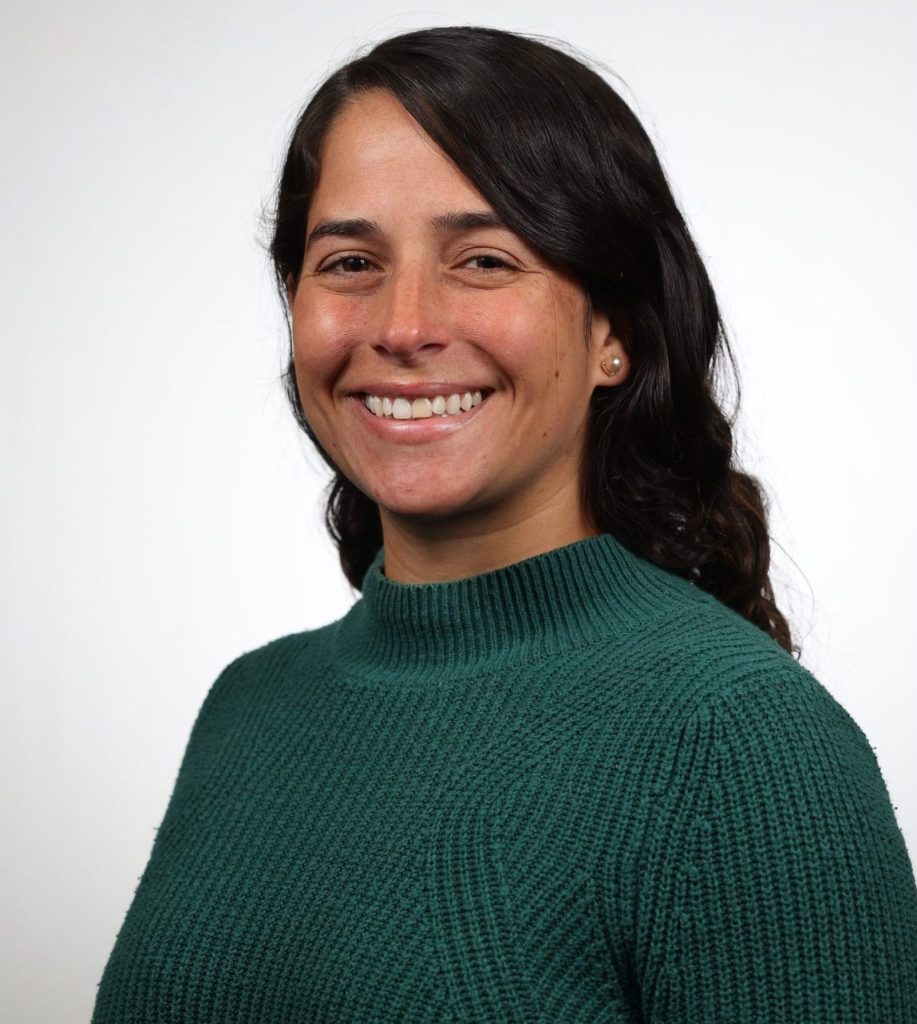
Claudia López-Lloreda, PhD
Claudia López Lloreda is a science journalist covering the life sciences with a focus on neuroscience at the publication The Transmitter. She obtained her bachelor’s degree in cellular and molecular biology from the University of Puerto Rico, Rio Piedras Campus where she worked in the Neuro-ID program with Dr. José Garcia-Arrarás. She then obtained her Ph.D. in neuroscience from the University of Pennsylvania studying the cellular processes underlying the neurological problems associated with HIV infection. Claudia has also interned at STAT and Science and her work has appeared in Wired, Undark, Scientific American, Smithsonian Magazine and Science News.
